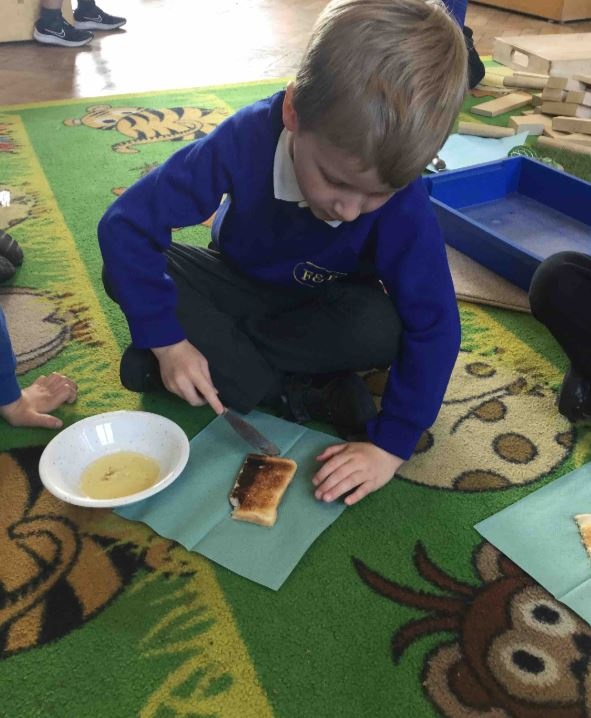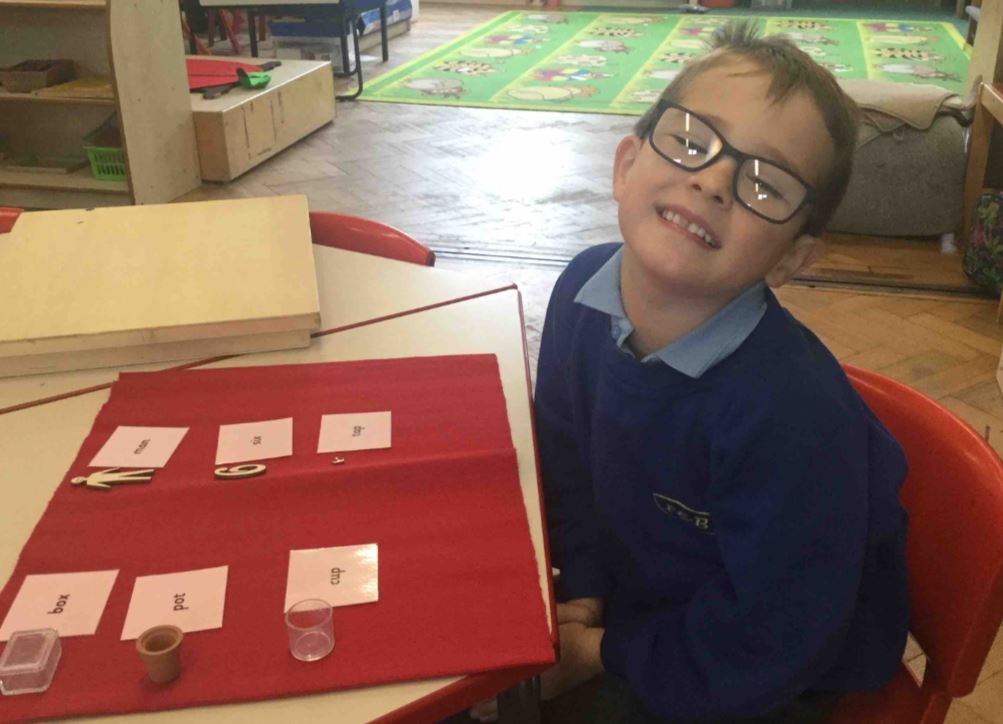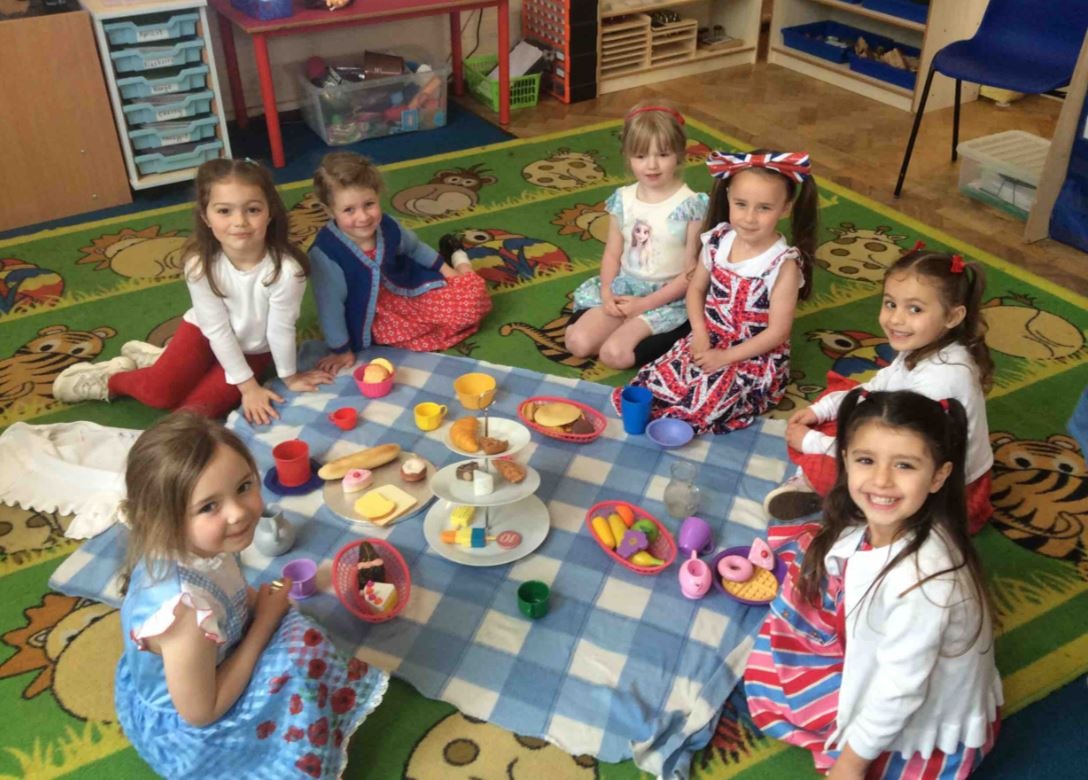EYFS
The Early Years Curriculum
This covers the period from Birth to the end of Year R.
EYFS Quality Mark 2022/23

50 Things to Do Before You Are 5
You may have heard of the initiative '50 things to do before you are 5' before, and there are different versions freely available. At F&B we believe this initiative to be supportive not only for families, but to help children engage in a wide variety of activities to help them learn and develop their awe of the world. Because of this, the staff at F&B came together and created our own list of '50 things to do before you are 5'. The activities on this list are based around play, promote curiosity about the world, encourage children to engage with the community, and are mostly low or no-cost activities. We hope that our families use this list as a tool to plan activities for their children and develop first-hand engaging experiences. Please do use it, and we would warmly welcome pictures of any experiences, especially on Evidence Me.
Our work with our youngest children is guided by four principles:
- The Unique Child
- Positive relationships
- Enabling environments
- Learning and Development
The characteristics of effective learning are:
- Playing and Exploring
- Active Learning
- Creating and Thinking Critically
The Early Years curriculum is planned around the seven Prime and Specific areas of development.
Personal, Social and Emotional Development
This prime area of learning incorporates personal, social, emotional, moral and spiritual development and is a pre-condition for children's success in all other areas of learning. The focus is on supporting children’s sense of confidence and independence, helping them to regulate and feel good about themselves and teaching them how to get along with others.
This covers:
- Self-Regulation
- Managing Self
- Building Relationships
Communication and Language
This prime area of learning concentrates on children being able to focus attention, listen to what is being said, and understanding the language being used. These underpin language development and are the building blocks of communication and language skills.
It covers:
- Listening, Attention and Understanding
- Speaking
Physical development
Physical Development underpins all other areas of learning. Movement supports the growth of the brain and nervous system and is involved therefore in all aspects of development.
It covers:
- Gross Motor Skills
- Fine Motor Skills
Literacy
Literacy is rooted in Communication and Language and focuses on using writing as a form of communication and for a purpose that has a meaning for the child.
It covers:
- Comprehension
- Word Reading
- Writing
Mathematics
Maths at F&B is a hands-on, practical and exploratory area of learning. Counting opportunities are incorporated daily. Resources are exciting, stimulating and real objects that the children can explore, count, talk about and move.
It covers:
- Numbers
- Numerical Patterns
Understanding of the World
Understanding the world is focused on the beginnings of history, geography, science and technology. People, culture and communities help children to think about their own lives and experiences before expecting them to understand those of others.
It covers:
- Past and Present
- People, Culture and Communities
- The Natural World
Expressive Arts and Design
There is a strong focus on children’s experiences of exploring and learning through their own creative expression. Although a specific area of learning, children are given continuous access to arts and music.
It covers:
- Creating with Materials
- Being Imaginative and Expressive
The Early Years staff provide the children with freedom within a structured environment. This allows the children to develop their skills within a range of teacher-led and self-chosen activities. A range of records and observations are kept of each child and next steps are used to continually take each child's learning forward. We use the ‘Evidence Me’ app to record these observations and next steps. Observations are sent home to parents weekly. The Nursery forms part of the Early Years Foundation Stage and is part of the school. There are close links between the nursery and reception classes. We use certain principles of the Montessori philosophy in our Early Years provision as referred to above.
To find out more about the National Curriculum, please go to the Department for Education website at www.gov.uk/collections/national-curriculum
To find out more about the EYFS curriculum, please go to the Department for Education website at www.gov.uk/early-years-foundation-stage
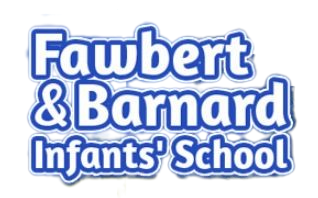
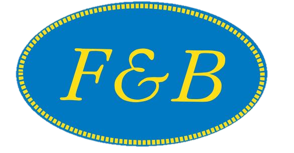
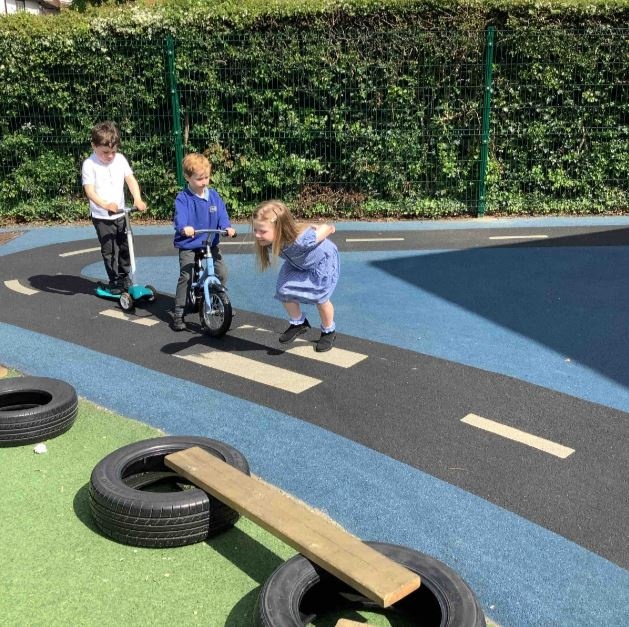
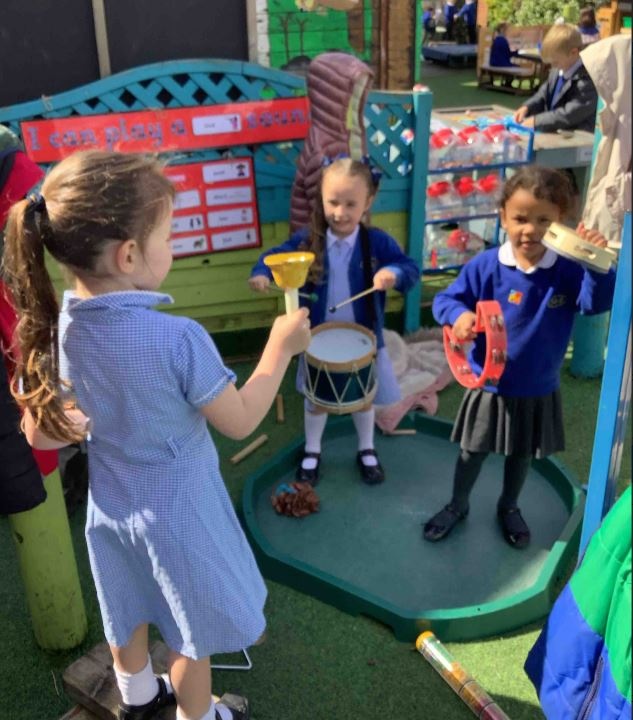
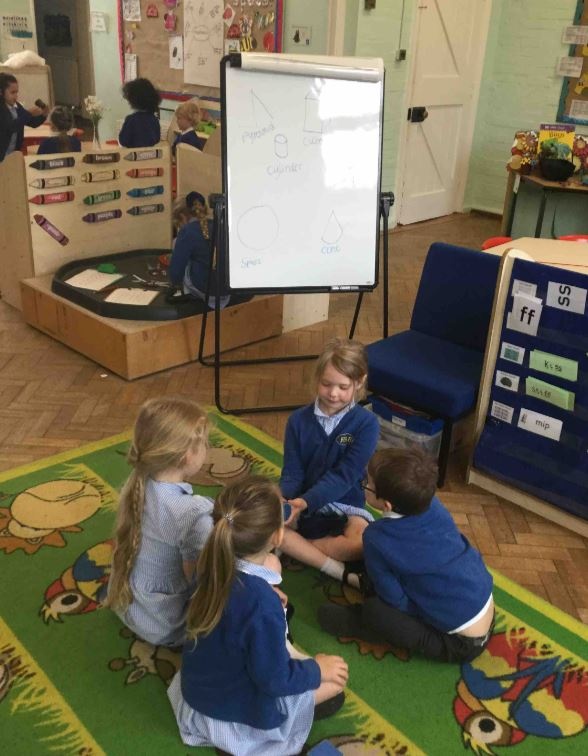
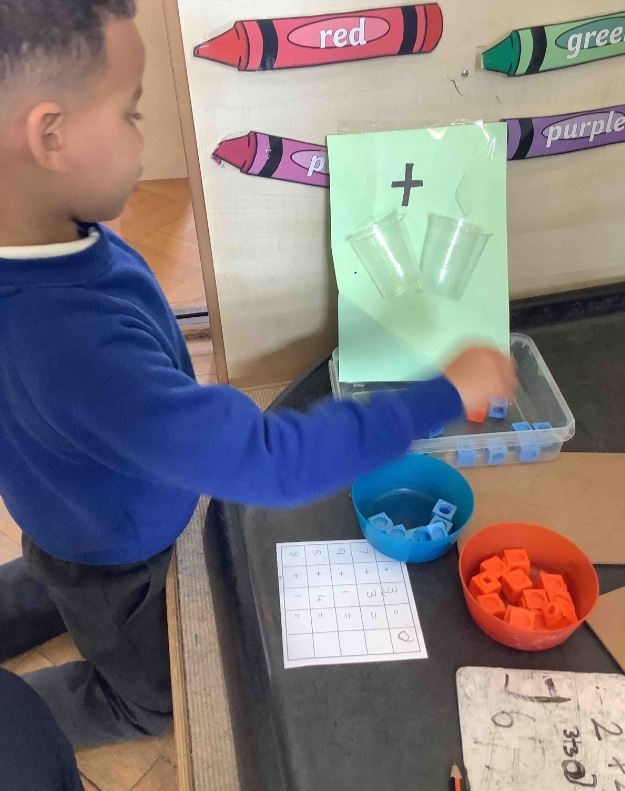
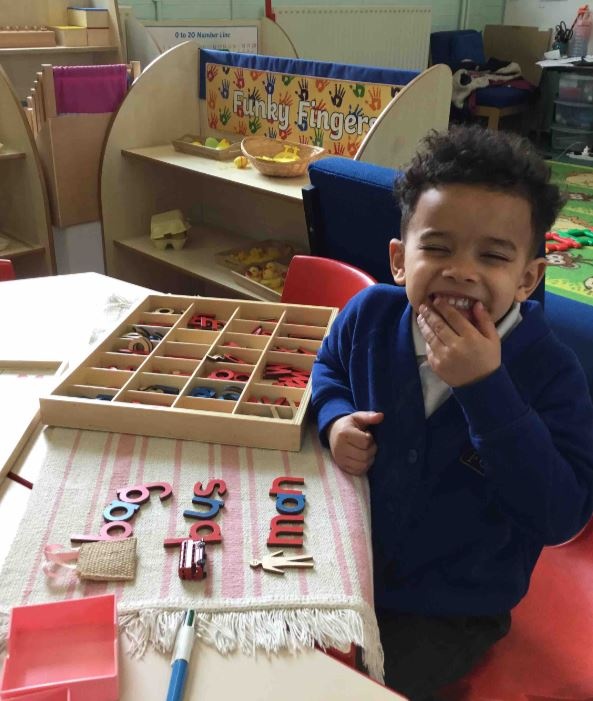
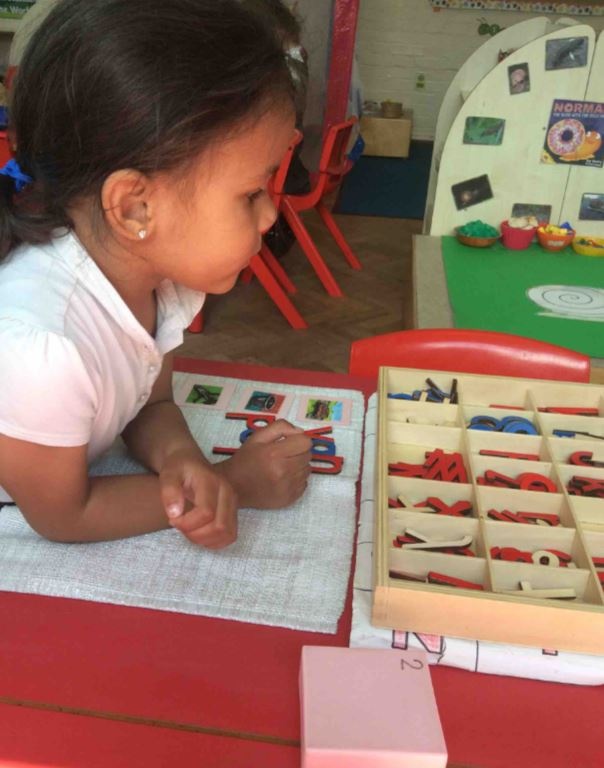
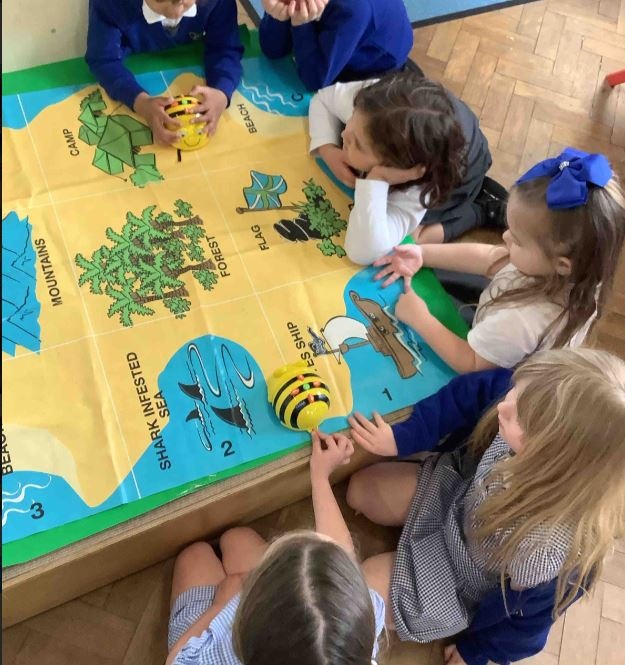
.JPG)
.JPG)
